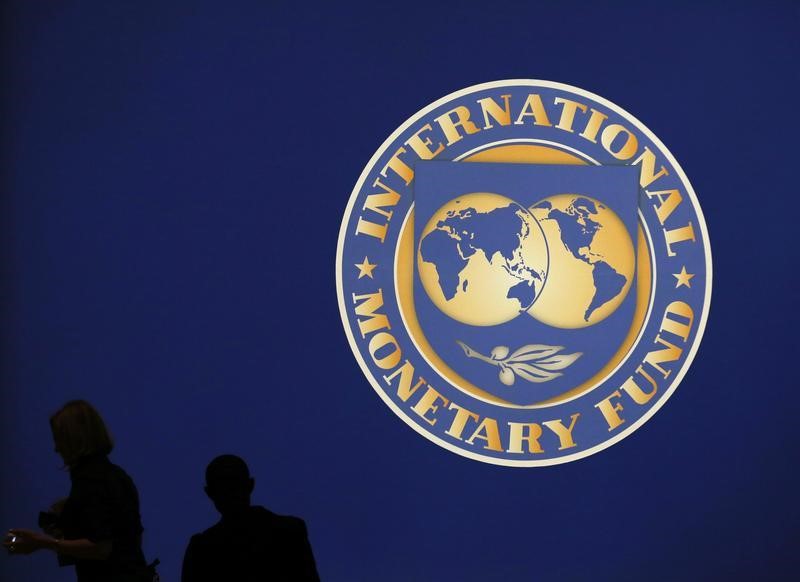BELGRADE (Reuters) - The International Monetary Fund praised Serbia's economic performance on Tuesday, but urged the Balkan country to monitor budget spending and continue with structural reforms.
Serbia's economy is set to grow 3.5% in 2019 and 4% in 2020, the IMF said. In the second quarter of 2019, the economy grew 2.9%.
The IMF is working on a 30-month program to monitor the economy and offer advice to Serbia, a candidate for membership of the European Union.
In a supplementary budget the government this month moved from a small surplus to a deficit of 0.5% of GDP, agreed with the IMF, to allow for additional capital spending, a one-off payment to pensioners, and public sector wage increases.
The IMF, which reached a staff-level agreement on Serbia's financial policies, said that "although these measures do not jeopardize fiscal sustainability, authorities should closely monitor budget execution" to ensure the deficit stays within the agreed level.
The IMF also said that a wage increase for specific groups of public sector workers was justified, while sounding a note of caution over wage growth.
"However, the overall wage bill is now growing faster than nominal GDP, for a second year in a row, which deviates from the authorities’ commitments in this area and our advice," it said.
The IMF warned the Serbian government that although structural reforms have advanced, stronger commitment to implementation in certain areas is needed to boost growth potential and limit fiscal risks.
"The reforms of the public wage system and public employment framework have faced substantial delays," it said.
The IMF and Prime Minister Ana Brnabic's government have agreed on the key parameters of the 2020 budget, targeting an overall fiscal deficit of 0.5% of GDP, unchanged from this year.
"This level would preserve fiscal discipline and keep public debt on a downward path," the IMF mission said.
It also praised the performance of Serbia's financial sector, describing it as stable. Non-performing loans in the banking sector have fallen under 5 percent, the lowest level since 2008, the IMF said.
